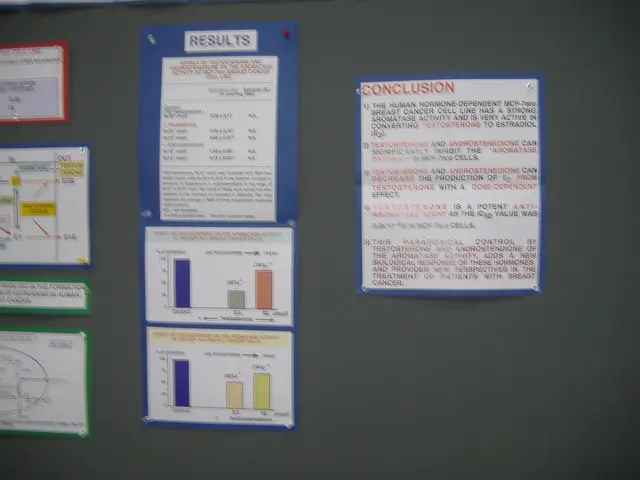Taking Stock: Cybersecurity in 76 German Municipalities Assessed
Seventy-six local governments underwent cybersecurity assessments - Sixty-six local governments underwent thorough cybersecurity evaluations.
In a bid to shore up cybersecurity defenses across municipalities, Rhineland-Palatinate has offered 76 local governments a free IT security check since 2024. This initiative, according to the Ministry of Digitalization in Mainz, aims to provide an initial assessment of each municipality's digital security.
From small associations of municipalities to independent cities and districts, numerous entities have taken advantage of this opportunity. The Ministry of Digitalization further disclosed that more municipalities have expressed interest in undergoing the security checks.
Spearheaded by the Federal Office for Information Security, these external cybersecurity checks cost approximately €59,300 thus far, with the fund being open-ended, implying that any eager municipality can access this service. The tests are based on guidelines overseen by the aforementioned organization.
Aside from the cybersecurity evaluations, the ministry also offers municipalities an opportunity to join the state's warning and information service and access a statewide information security platform.
Joining Forces for a Safer Cyberspace
Stressing the importance of collaboration, the ministry recognized the significance of assisting municipalities while upholding the principle of municipal self-government. Given that individual municipalities design their own IT infrastructure, they are responsible for their own security. Nevertheless, the state government acknowledged that effective information security can only be achieved collectively.
The German Association of Towns and Municipalities affirmed the need for municipalities and the state to work together in creating defense strategies. As cyberattacks against German municipalities escalate alongside the tense security situation, it's crucial to safeguard not only functionalities of critical infrastructure and communal services but also the citizens' data privacy.
The Implementation Gap
While the cybersecurity checks represent a step forward in assessing the current state of each municipality, Moritz Petry, Managing Director of the German Association of Towns and Municipalities, cautioned that the real challenge lies in implementation. Consistently securing data requires regular system check-ups, updates, and adequate staff training.
Additional challenges include attracting a sufficient number of IT professionals to the public sector during periods of skills shortages. Cooperation with the state is necessary to develop economical solutions that appeal to potential candidates.
Overcoming Persistent Challenges
The cybersecurity measures adopted by municipalities face various obstacles, including resource constraints, complex legacy systems, and interconnected services. Plagued by regulatory compliance complexities and the need for continuous adaptation to new threats, municipalities must adopt a holistic approach to address these issues effectively.
Germany has been addressing these challenges with increased IT security investments, reaching more than €11.2 billion by 2025. Protecting critical infrastructure, particularly in sectors like government, ministries, and authorities, continues to be a priority for the government. However, experts emphasize the importance of striking the right balance between investments in technology and personnel to create an effective cybersecurity defense.
[1]: Link to source for cyberattacks against local German municipalities[2]: Link to source for notable German cyberattacks[3]: Link to source for resource constraints in municipal cybersecurity[4]: Link to source for the challenges in attracting IT professionals to the public sector[5]: Link to source for overall cybersecurity challenges faced by municipalities and Germany's responses
- The Cybersecurity policy, a key focus of the German Association of Towns and Municipalities, emphasizes the importance of municipalities and the state working together to create defense strategies, as regular system check-ups, updates, and adequate staff training (implementation) are crucial for consistently securing data.
- Municipality employment policies, alongside technology investments, play a vital role in overcoming persistent challenges in cybersecurity, as attracting a sufficient number of IT professionals to the public sector during periods of skills shortages is necessary for developing economical solutions that appeal to potential candidates.







